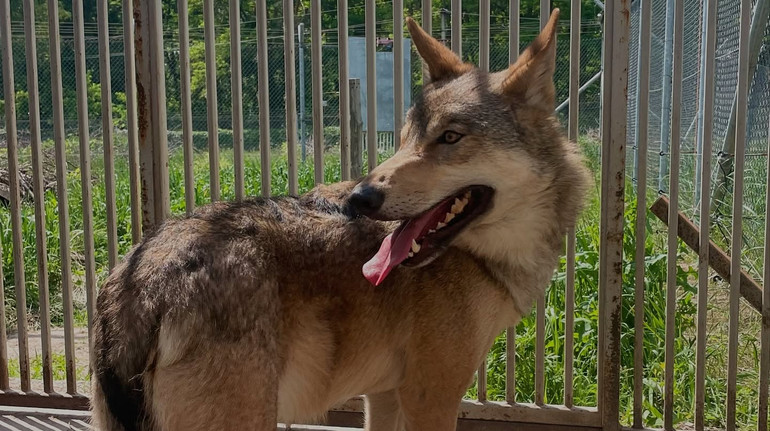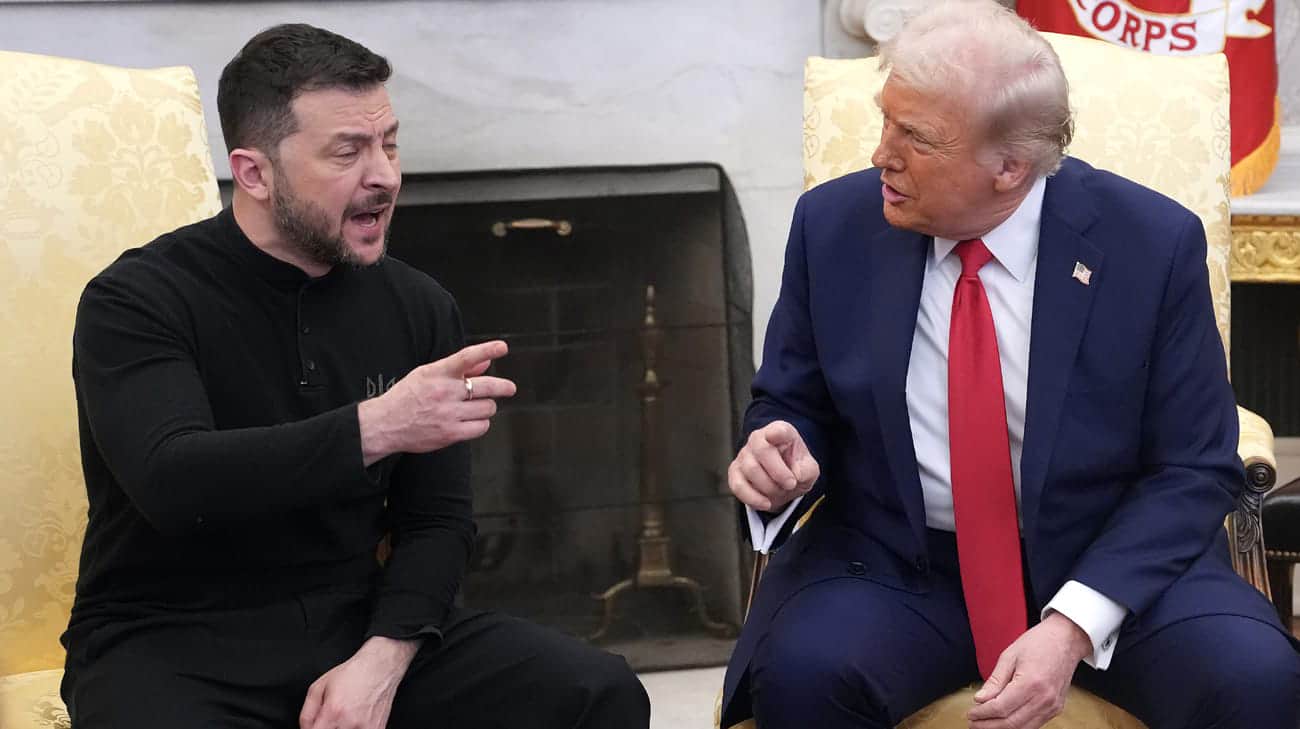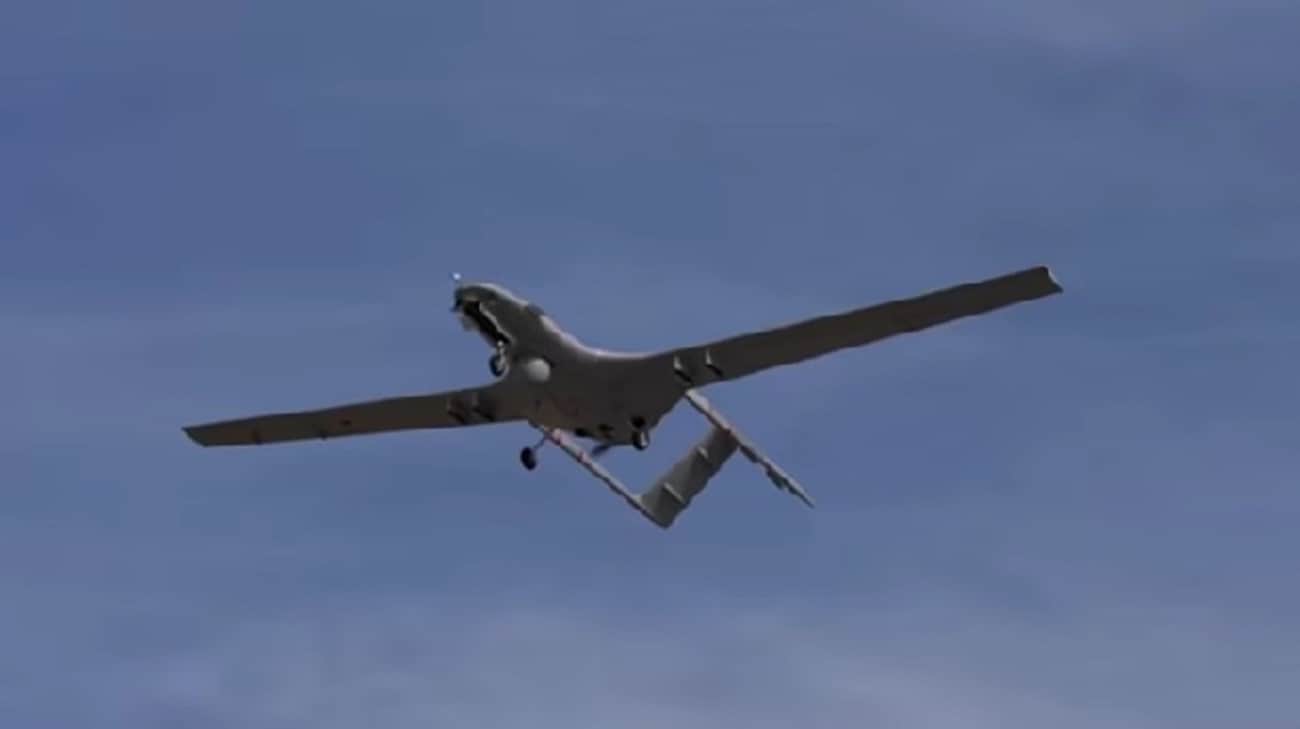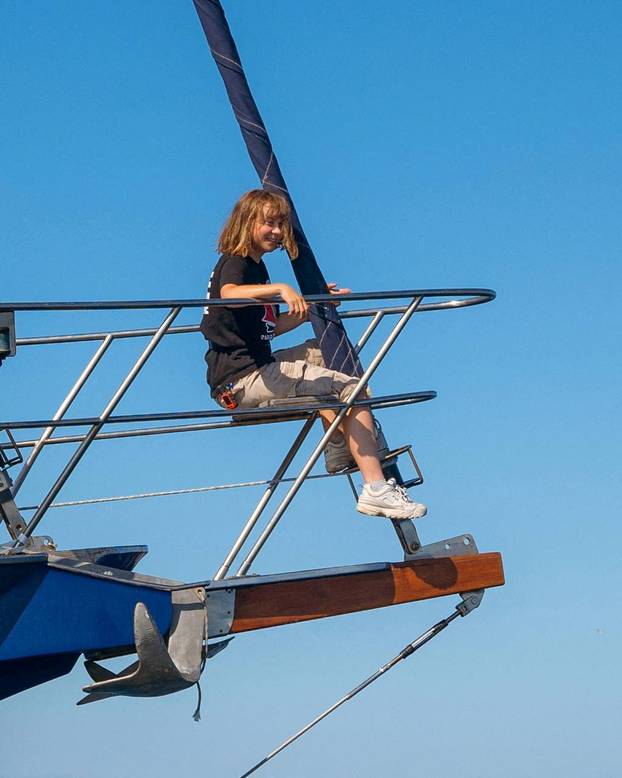ISW: The Kremlin adjusts Russians to a likely protracted conflict with NATO
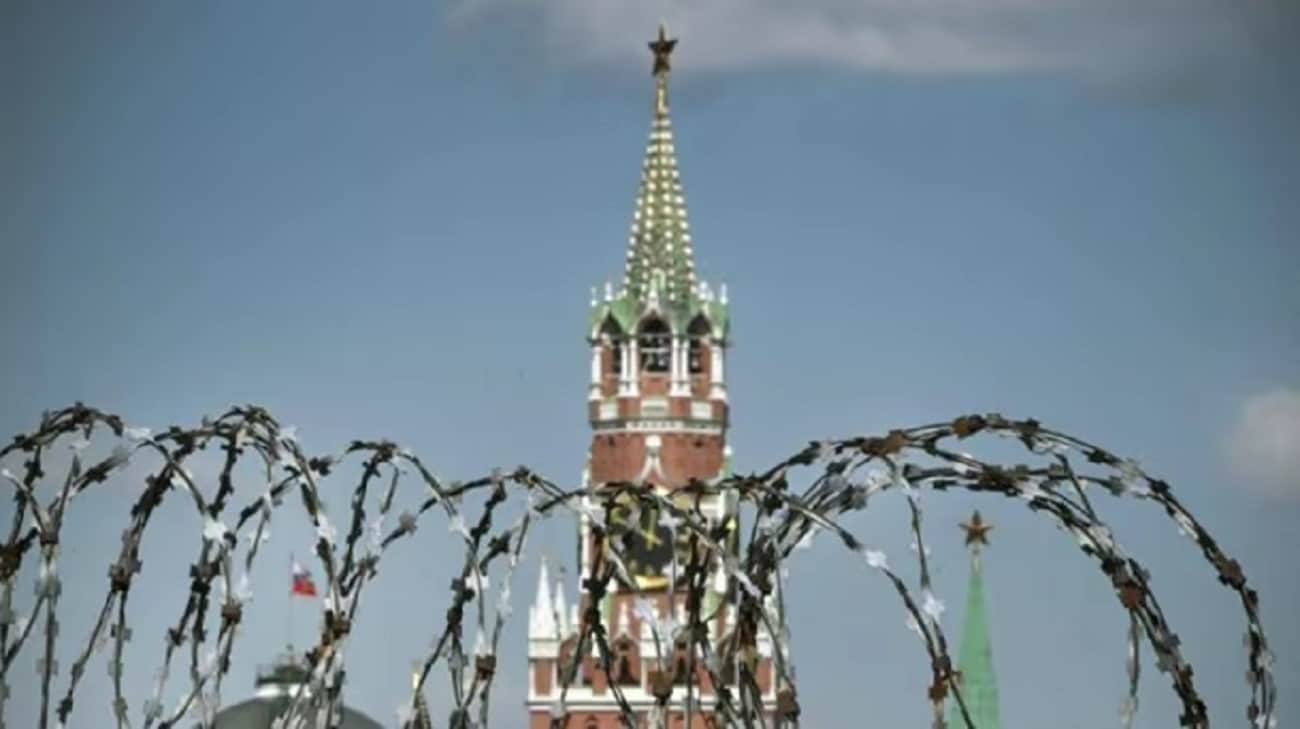
Kremlin, Illustrative Photo of Getty Images
The Russian authorities militize the Russian society to justify the invasion of Ukraine and probably adjust it to a possible future protracted conflict with NATO.
Source: Isw
Literally From the report: « The Kremlin continues to rethink the narratives that Russian officials have repeatedly used to justify Russia’s invasion of Ukraine, trying to further militize Russian society in the long run, probably in preparation for a possible future protracted conflict with NATO. »
Advertising:
Details: Pavel Zarubin, pro -Kremlivsky journalist, asked the Minister of Foreign Affairs of Russia, Sergei Lavrov, the question of EU recommendation to European leaders to refrain from participating in the Russian parade on May 9 in Moscow.
Lavrov accused the EU of igniting « neo -Nazi ideology » in Europe and stated that Russia « would make every effort so that this ideology does not raise its head » and destroy Nazism « once and for all. »
Analysts say that Lavrov’s statements are part of the Kremlin’s ancient attempts to refer to the contribution of the former Soviet Union to the victory over Nazi Germany and wider myths about the so -called « Great Patriotic War » (as in Russia is called World War II – Ed.)
According to experts, these efforts are aimed at exacerbation of negative moods among the population of Russia and involvement in the support of the militarization of Russian society in the long run.
The report adds that Russian ruler Vladimir Putin and other Kremlin’s high -ranking officials regularly use an indefinite term « denacification » to calls for changing the regime in Ukraine and the establishment of pro -Russian puppet power.
And the statements that the « Nazis » control the Ukrainian authorities, Putin used to justify a full -scale invasion of Ukraine in February 2022.
Literally From the report: « The Kremlin is increasingly using the same tactics against Ukraine, on Finland and the former Soviet republics, including Estonia and Moldova to justify their attempts to control independent states and create information grounds for possible future aggression of Russia. »
Key conclusions ISW for April 20:
- The short-term « Easter truce » proposed by Russia emphasizes the need for the text of any ceasefire or peace agreement to be publicly available, officially agreed in advance by all parties and included reliable Monitoring mechanisms.
- Zelensky reported that Russian troops did not strike long strokes in Ukraine on the night of April 19-20 and afternoon April 20, and suggested Temporary moratorium on long -distance strokes on civil infrastructure.
- Ukrainian officials continue to emphasize the systematic persecution of religious communities throughout the occupied Ukraine, including against Christians.
- The Kremlin continues to rethink narratives that Russian officials have repeatedly used to justify Russia’s invasion of Ukraine, trying to further militarize Russian society in the long run, probably as part of preparation for a possible future protracted conflict with NATO.
- Russian troops advanced in the Kursk region and near Toretsk before the Easter Truce.

